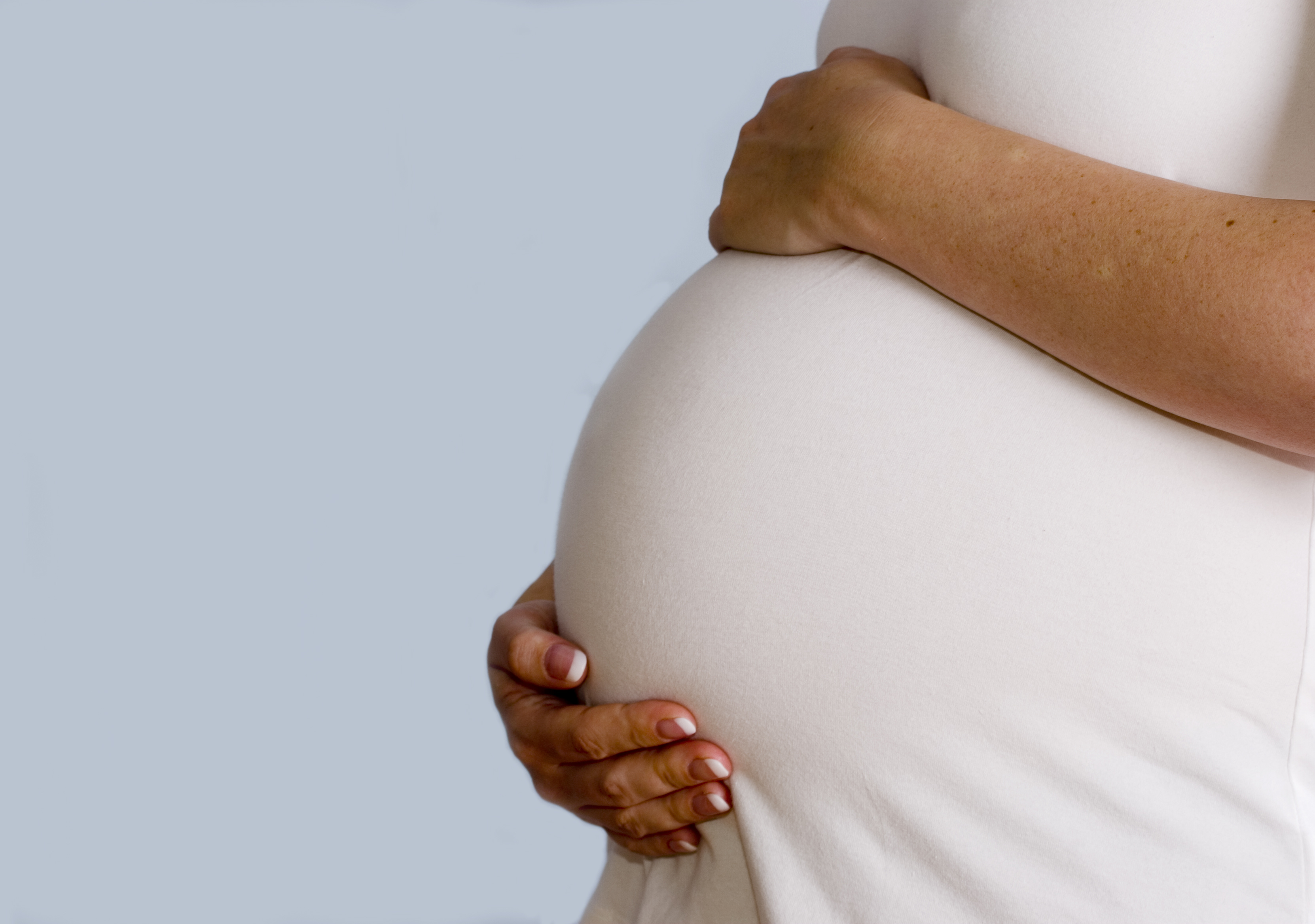Since the 1950s, the number of childless women at 40 has increased sharply in France, reaching 13.5%. Others, known as "post-poners", postpone pregnancy so as not to penalize their careers. All face a dilemma: having children, or giving priority to their work?
Read also: Children, survivor's pension ... What will change concretely for women's pensions
The fears of these women about the impact of motherhood on their professional future are not unfounded, according to a study just published by the National Institute for Demographic Studies (INED). The text thus looks at the evolution of women's wages. The latter massively entered the job market in the 1970s: " this has resulted in a narrowing of the pay gap with men, but this trend seems to have slowed considerably since the mid-1990s ninety ”, details INED. However, the 1990s also corresponded to a shift: women became on average more qualified than men.
The average wage gap in the private sector observed in the 1990s has hardly changed: it is still stagnating at around 20%. The explanation for this difference is no longer to be sought on the side of " human capital " (studies, training), but on the side of maternity, a real professional retarder, explains INED. " Among working women, nearly 40% will change their activity after maternity, " said INED. These changes relate to status, hours, work intensity - some also choose to leave work. Result: " The arrival of the first child entails a lasting remuneration penalty of around 30% ".
Not all women are equal
The dropout that women experience in terms of wages after maternity is intrinsically linked to the distribution of domestic tasks, says INED. In most cases, it is the women who support the timetable adjustments that make it possible to take care of the children. These adjustments penalize even more the “ least qualified ” mothers , “ with repercussions on living standards and pensions ”. Not all of them have the means to employ someone to relieve them of domestic chores, or childcare.
What can policy makers do to tackle these inequalities? Developing paternity leave is, according to INED, one of the most desirable options, in order to better distribute domestic tasks. " But, in the case of France, the payment on a lump sum basis (and not in proportion to the actual remuneration) of parental leave slows down its dissemination and indirectly disadvantages mothers, all the more so since they are paid in the neighborhood of Smic ”. If a father, who generally earns a better salary, stays at home to care for the child, the home often faces a significant loss of resources. In France, 96% of parental leave is taken by mothers, according to an OECD study carried out in 2016.
Read also: Human resources: large wage differences between women and men executives
France offers paternity leave among the shortest in Europe and a reform does not seem topical: last year, France opposed a directive which would have made compulsory four months of parental leave, non-transferable . An idea that the government welcomed, but deemed too expensive.















